How I stopped making this huge business blunder and immediately increased my profit
Revenue is money coming into your business. But if you only ever try to grow revenue, your business is headed for disaster . How can that be? Because revenue is vanity, and profit is sanity.
You wouldn’t believe the number of business people I talk to, who have no idea what their breakeven point is : how much money does it cost them to run their business for a month?
Once you know the answer to this crucial question, you can leave anxiety behind : now it’s only a matter of focusing on more profitable sales and servicing those already contracted.
It sounds obvious, and still, at the very beginning of my business career, I made the same mistake as thousands of other people …
This is an excerpt from my book The Savvy Woman’s Guide to Financial Freedom
“I have learned the high price of bad or no planning the hard way. A few years ago, my business was going very well, or so I thought. My diary was spilling over with mentoring appointments all over the country. They were all happy to pay, and when I sat down to calculate the revenue I would take in the next week, sometimes it equated to a month’s wages from my previous job.
It would have been perfect, had it not been the case that by the end of the week I was exhausted, running behind on my administration and with little, if any, profit at all. In fact, when I looked back on it, even though I took in a month’s salary in a week, I ended up with a month’s salary at the end of the month – but after having put in significantly more hours . What was going on?
There were two problems. First, I was so busy that I was getting taxis if I was mentoring people in Dublin. If it was beyond the Pale, I would either drive or get a train and then another taxi the other side of my destination. On top of that, I didn’t have the time to cook for myself either, so I was always eating out.
I can imagine you reading this and saying to yourself, surely she copped on to herself, saw what was going on and stopped it straight away. I’m afraid it took a while for me to see what was happening. I saw lots of money coming in and I had an attitude to costs that went something like this: ‘I have lots of money, a €10 taxi here and a €20 train ticket there is well worth it because I can honour all of my commitments and work on the move at the same time.’
I got a serious reality check one rainy afternoon, in Ballyliffin, Co. Donegal, when I was stuck in a hotel room with hours to kill before a party that night. I happened to be in an organizing kind of mood so I turned on the laptop, filled in an Excel spreadsheet and started to peel back the layers of my revenue. I went through all my sources of revenue and did a short profit-and-loss exercise with them.
For example, if I earned €150 from a meeting, I would then take away the cost of transport, food, printing, phone calls, etc., to get the actual profit of the meeting. I also applied a key litmus test: if my own company were to hire me as a consultant at this high a rate, could my company afford me?
Effectively, this was a totally non-sugar-coated way of looking at the numbers in my business and identifying whether it was sustainable and – and this is a hard thing to admit – whether I was actually running it the best way for me, those around me and the health of the company in general.
Up until then, I had customers ranked on my spreadsheet in terms of revenue: depending on the turnover, I would call them ‘my best client’, ‘my second best’, etc. I rearranged my customers by profit.
As the rain pounded against the window, my jaw dropped as I saw the result.
First, my view of my best customers changed utterly; and second, I couldn’t believe that I was actually making a loss with my second-best revenue stream . A loss! I hadn’t been trying to change it either. After all, as far as I was concerned, up until that point the more money I was taking in, the better.
I was completely blind to the fact that I was actually losing money by undertaking the activity into which I was putting so much energy.
As the saying goes, “everything changes when you give a little attention to it”. That’s exactly what happened. With a change of attitude and a sharpened vision and exactly the same amount of effort as before, the spreadsheet changed out of all recognition, and in the right direction.”







